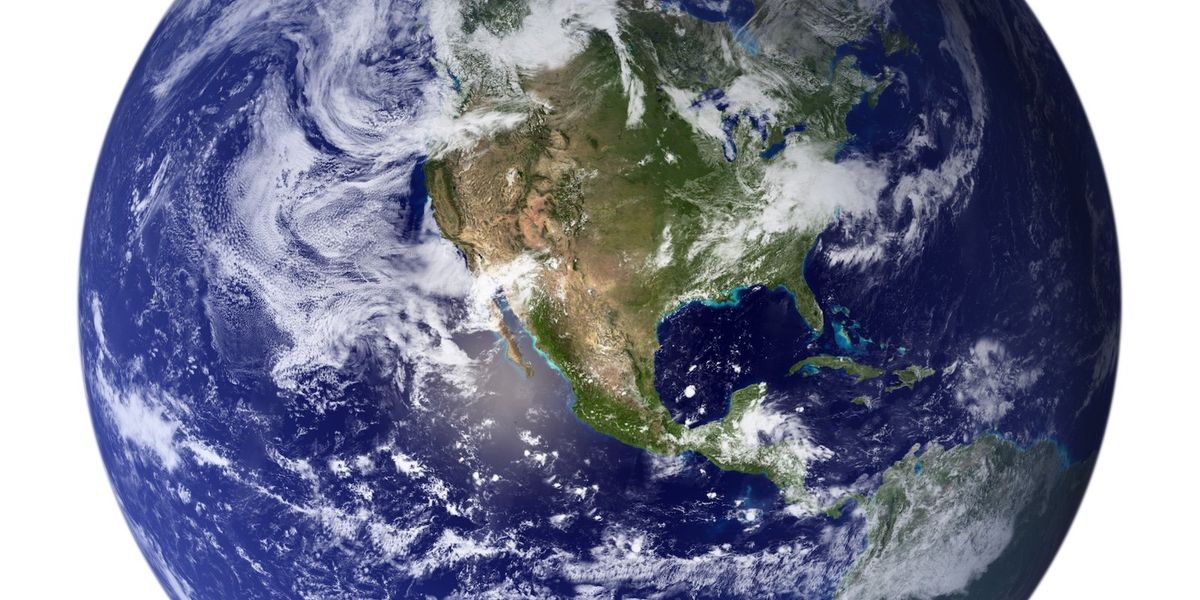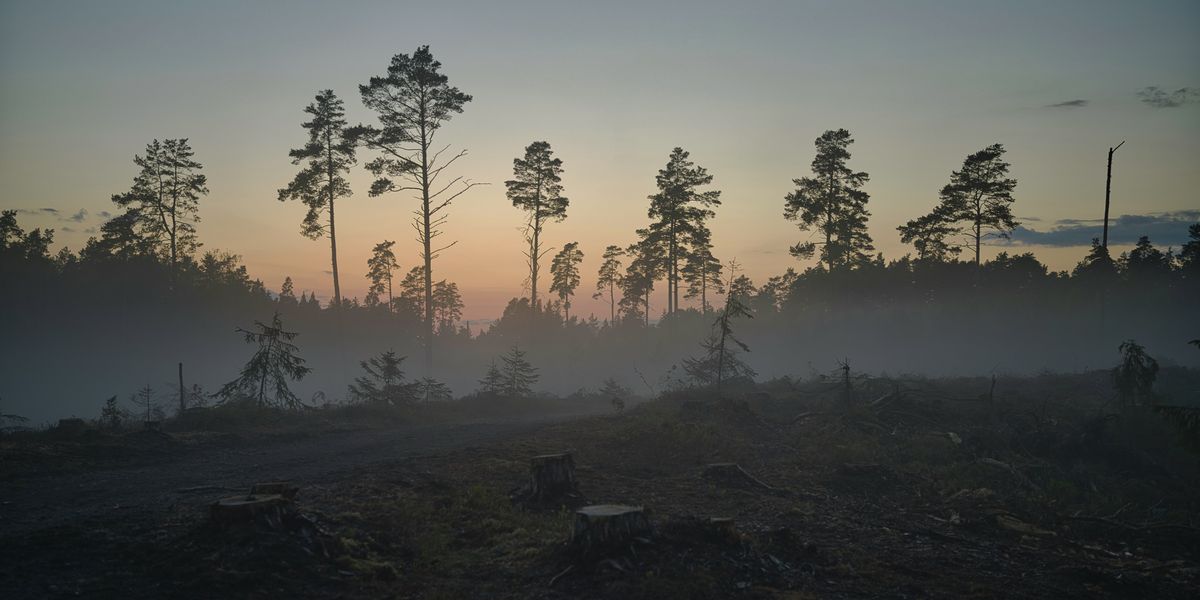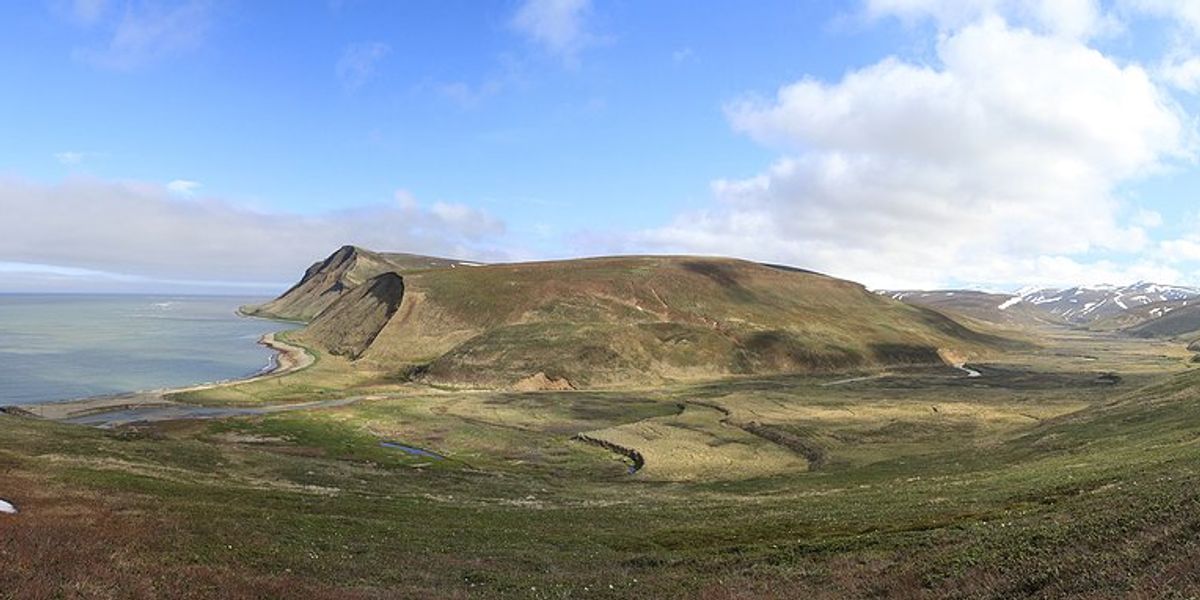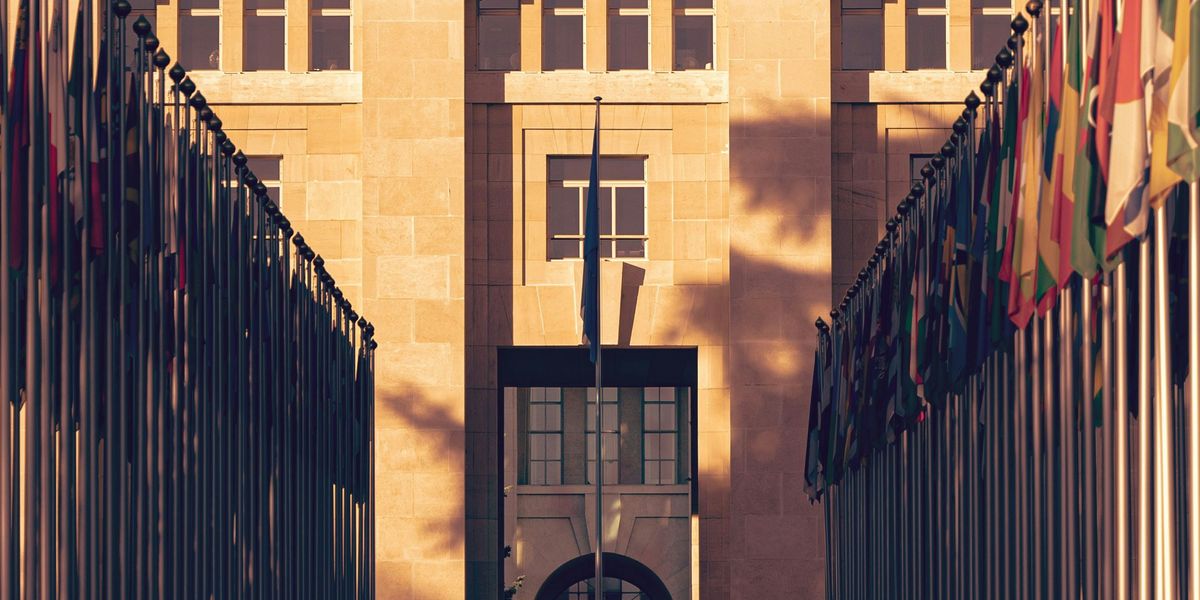Proponents of regenerative farming say the practice can mitigate harmful climate change, reduce water pollution, and make foods more nutritious as farmers focus on improving the health of soil, water, and ecosystems.
A growing number of farms and ranches around the US are achieving certification to let consumers know their grains, beef, eggs and other products as regeneratively grown. Internationally, the regenerative agriculture market has been forecast to see double-digit growth between 2023 and 2030.
But all that momentum comes with a dirty dark side, according to a new report that highlights what is becoming an increasingly contentious debate over the merits of regenerative agriculture.
The report issued Tuesday asserts that regenerative programs, which generally allow for the use of weedkillers and other chemicals, are being used to “greenwash” routine use of several dangerous pesticides on farm fields.
Corporations that sell such pesticides are entwined with the movement, incentivizing farmers financially to adopt regenerative practices, the report notes.
“With billions of dollars — and the future of our food system — at stake, we must ensure that the practice of regenerative agriculture is robust and is guarded against greenwashing,” states the April 29 report issued by Friends of the Earth (FOE), an environmental advocacy group.
Citing data from the US Department of Agriculture (USDA), FOE’s report specifically targets corn and soybean production in which farmers do not till their soil to eradicate weeds as has traditionally been common practice. Such “no-till” practices are a hallmark of regenerative agriculture because tillage can have multiple negative environmental impacts, including disrupting soil microorganisms considered essential for plant health.
Corn and soybean no-till acres total more than 100 million acres, according to the FOE report. The “vast majority (93%)” of those acres rely on “toxic pesticides that harm soil health and threaten human health,” the FOE report states.
Roughly one-third of total annual pesticide use in the US can be attributed solely to corn and soy grown in no- and minimum-till systems, according to the FOE analysis of USDA data. An estimated 61% of the use involves pesticides classified as highly hazardous to human health and/or the environment, the report states.
Bayer’s bid for regenerative
 Credit: Jonathan Weiss/Big Stock Photo
Credit: Jonathan Weiss/Big Stock PhotoThe new report takes aim at some of the world’s largest agrochemical companies, including Germany-based Bayer, which bought seed and chemical giant Monsanto in 2018 and calls regenerative agriculture its “vision for the future of farming.”
“Produce More. Restore Nature. Scale Regenerative Agriculture,” the company proclaims on its website.
Glyphosate, the active ingredient in Roundup herbicide products introduced by Monsanto in the 1970s, is the most widely used pesticide in no-till corn and soy production. The herbicide has been classified as a probable human carcinogen by world health experts, and tens of thousands of people have sued Monsanto alleging they developed cancer due to their use of the company’s glyphosate products.
As part of its push for regenerative, Bayer offers growers rewards for engaging in certain practices, including not tilling their soil and for planting “cover” crops as a means to improve soil health. Farmers can receive up to $12 per acre for combining various “regenerative agriculture practices,” Bayer pledges.
To handle weed problems in regenerative fields, Bayer recommends a mix of strategies, including “sustainable use of herbicides.”
That type of recommendation exposes the corporate hypocrisy rooted in regenerative, no-till, practices, according to FOE.
“Pesticide companies like Bayer and Syngenta have capitalized on the growing interest in soil health by promoting conventional no-till — which relies heavily on their pesticides, genetically engineered seeds, and digital agriculture platforms — as regenerative,” the FOE report states.
When asked about the FOE report, Bayer said glyphosate-based products like Roundup are helpful to farmers who are implementing sustainable farming and regenerative practices.
“Tools like Roundup are essential as more and more farmers turn to practices such as planting cover crops to reduce erosion, capture moisture and sequester carbon in the soil,” the company said in a statement. “Products like Roundup also enable farmers to adopt no-till measures that help drastically reduce the amount of carbon released by the soil through tillage.”
Syngenta says that regenerative agriculture “can underpin the transformation of our global food systems,” and that “chemical inputs” can be useful, though in reduced amounts.
In March, Syngenta announced a partnership with PepsiCo to “support and drive” farmers to transition to regenerative agriculture.
Regenerative v. organic
 Credit: 🇸🇮 Janko Ferlič/Unsplash
Credit: 🇸🇮 Janko Ferlič/UnsplashThe report comes amid growing rancor between some in the established organic industry and the burgeoning regenerative movement, as leaders on each side say their respective models are best for providing healthy food and protecting environmental and human health.
In contrast with the relatively young regenerative movement, the organic industry operates within a framework established more than 30 years ago with oversight through a national organic program within the USDA, with rules that generally prohibit synthetic pesticides and other chemicals.
Organic supporters echo the FOE report, saying that certifying some farm products and brands as regenerative is deceptive because farmers practicing regenerative can, and often do, use chemical weed killers that are harmful to the soil, people and the environment.
They say that describing products as regenerative if they’re grown with chemicals gives consumers a false sense of comfort in the agricultural practices used to produce food. And they say because regenerative agriculture has no government oversight or official standards, private certification can be easily corrupted.
“The proponents of non-organic ‘regenerative’ labels are in fact greenwashing conventional ag and its use of toxic persistent pesticides as well as synthetic nitrogen fertilizers,” said Gary Hirshberg, chairman of Organic Voices, an advocacy group for the organic industry.
“It is scientifically and ethically disingenuous to claim to be regenerating soil while you are using synthetic chemicals, which harm soil microorganisms, and it is well-established science that no-till systems actually require more, not less, chemical fertilizers and pesticides,” Hirshberg said.
In contrast, academics and those pursuing growth of regenerative practices say soil health is at the root, literally, of planetary health, and even if pesticides are used, they can be used at levels much reduced from conventional farming.
They say organic farmers often till their fields to address weeds, and that practice is worse than using herbicides.
“The science is very clear on this: there is a greater net benefit to using an herbicide to enable no-till … than to avoid it altogether ifthat means resorting to tillage,” said Andrew Margenot, associate director of the Agroecosystems Sustainability Center at the University of Illinois Urbana-Champaign.
Proponents of regenerative practices see them as a series of steps that may begin with no-till and use of weedkillers and other pesticides, but eventually expand to include a range of tactics, such as using “cover crops” to increase soil organic matter and limit pest outbreaks and incorporating livestock and animal manure into soil improvement efforts.
Using all the regenerative practices can eventually eliminate the need for chemicals or sharply reduce the need, proponents say.
Regenerative farming involves much more than not tilling the soil, said Gabe Brown, a North Dakota farmer, who authored a book on the benefits of regenerative and founded a certification company called Regenified to guide farmers and ranchers in the practices.
Though Brown said he is a consumer of organic foods, he believes that organic farmers who don’t use chemicals but do disrupt their soils through tilling are also harming the environment.
“One cannot claim that no-tilling alone will make a farm regenerative just like one cannot say that organic, alone, is regenerative,” Brown said. “If an organic producer tills too often it can be highly degrading. If a no-tiller uses too many synthetics, it can be degrading.”
Brown said the organic movement has “floundered” as achieving organic certification can be challenging and costly for many producers.
“The amount of interest in regenerative agriculture is truly making a difference … it’s exciting,” Brown said.
Seeking more funds for organic
Not tilling the soil is a core principle of regenerative practices, but the FOE report asserts that the impacts of tillage are not always harmful and that routine use of pesticides has greater disruptive effects on soil health than does routine tillage.
Looking just at conventional no-till corn and soy, the FOE report finds that “CO2-equivalent emissions” associated with the pesticides and synthetic fertilizers used to grow those crops are comparable to emissions from 11.4 million cars.
The FOE report recommends that instead of incentivizing no-till agriculture that allows pesticide use, Congress should increase funding for organic programs, and state, local and federal governments should allot more resources to research into technologies that can eradicate weeds without chemical weedkillers.
FOE also calls for:
- Any regenerative agriculture definitions promulgated by federal, state, or local governments, private or public regenerative certifications, or other regenerative initiatives to explicitly center and prioritize agrochemical reduction if they are going to meet their stated goals.
- Food manufacturers and retailers to set time-bound, measurable goals to phase out toxic pesticides and synthetic fertilizers and transition toward ecological, least toxic approaches along their entire food and beverage supply chains.
- The USDA to increase incentives for farms that deeply reduce or eliminate the use of synthetic pesticides and fertilizers and increase technical assistance to spur the adoption of practices that reduce agrochemical inputs.
“Given the urgency of the public health, biodiversity, and climate crises we face, the growing interest in regenerative agriculture must be harnessed in service of robust approaches that truly increase soil health and carbon sequestration, improve air and water quality, bolster farmers’ resilience, and protect biodiversity and human well-being,” the report states.



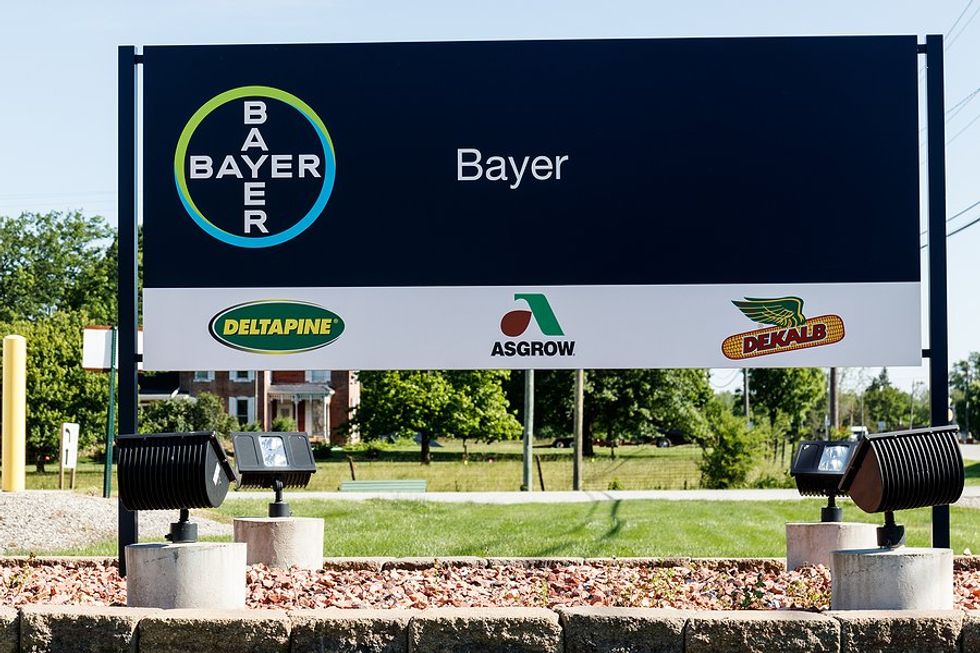 Credit: Jonathan Weiss/Big Stock Photo
Credit: Jonathan Weiss/Big Stock Photo Credit: 🇸🇮 Janko Ferlič/Unsplash
Credit: 🇸🇮 Janko Ferlič/Unsplash
